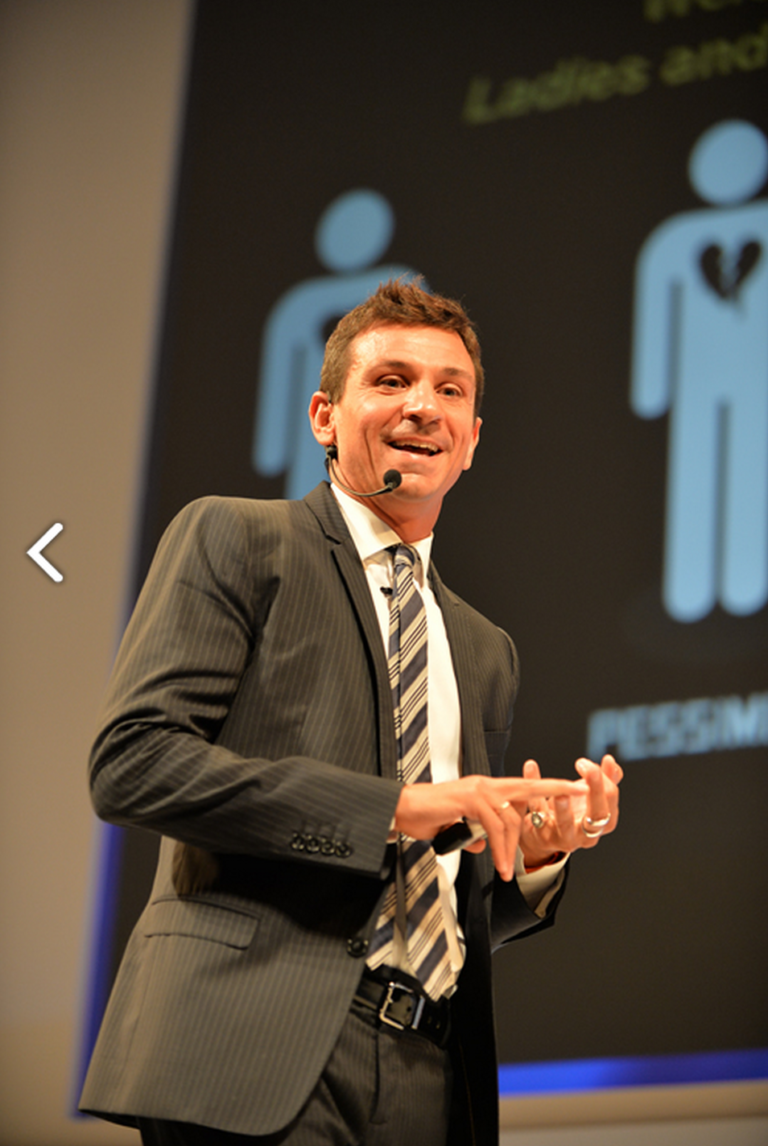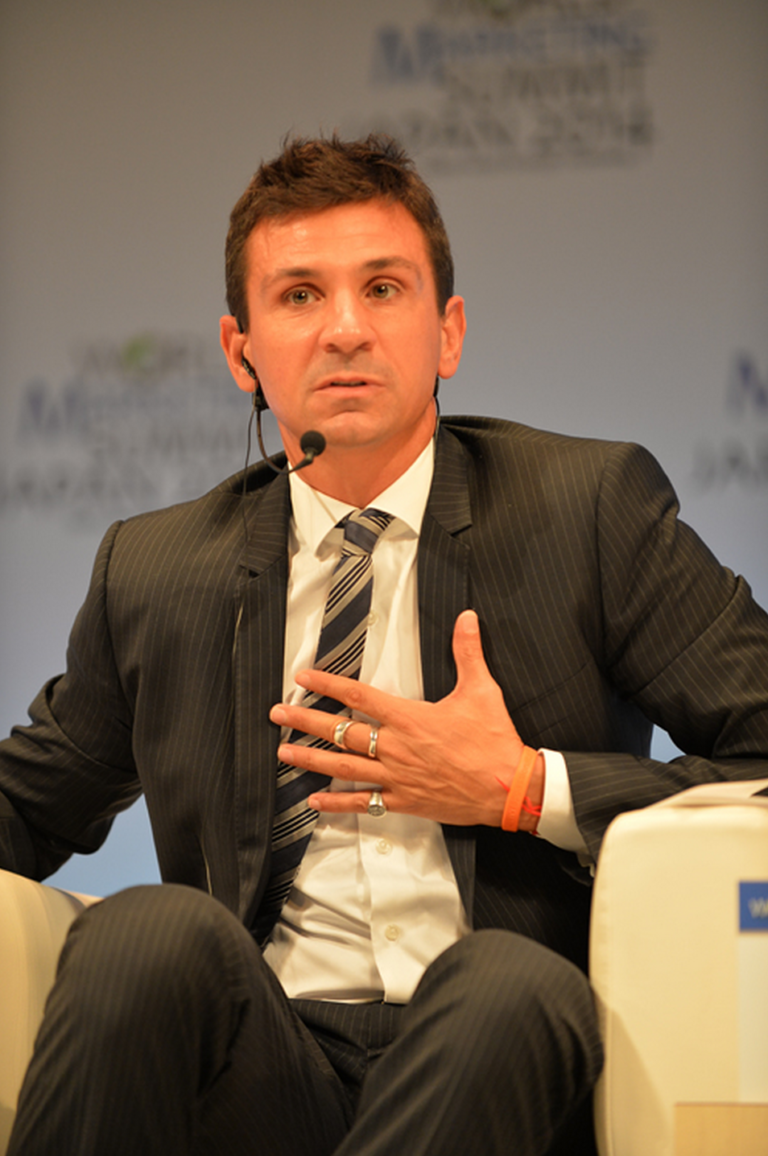To do good and to make profit are not two different worlds anymore. On the contrary! Harmonizing and intertwining these two fields is exactly the challenge that every company nowadays must welcome in order to be ready for the future. This was the core of my speech at the third edition of the World Marketing Summit di Tokyo, the sole Italian speaker out of thirty Italian participants, invited directly by the father of marketing, Philip Kotler.
I came back from Japan with strong feelings of confirmation and relaunch of an issue with witch I’ve been dealing for some time now. The leading figures of the field have tackled the subject using a stimulating variety of contents and points of view, during the two-day conference at the Pamir Hotel in Takanawa, where 1500 of the top Japanese and Asian companies were represented. Combining profit and positive effects on society is widely recognized today not only as a desirable option, but also as a strong competitive advantage.
We are therefore at the beginning of a new phase, typical of our era, that Kotler defines 3.0, and that Paoletti summarizes through the definition of “Diagonal Marketing”. The Era of Participation, which has played a key role at the Tokyo event, that, with the sentence “through marketing for a better world”, underlined the umpteenth repositioning of this modern science into the company management hierarchy, thus reformulating its mission.
A reformulation that takes its cue from a definite context. A market that has reached its maturity determines a limited growth for many companies: the product increasingly appears as a commodity and thus creativity and ideas become the most precious and rare assets. The need for radical change translates in the obligation for the companies to contribute to the creation of something that may last longer in time, capable of having a deeper positive impact on people’s lives.
There’s a new compelling challenge: to create around the customer, for the customer, thanks to his participation to the corporate project, and Eco-system capable of summarizing all the needs into one: the company’s need to make profit, the customer’s need to be satisfied and happy and the social need to take advantage from this transaction, an aspect that, until a few years ago, was snubbed, but that today is strongly requested by the market. Not for nothing, the companies that do not do so, are often questioned on social networks. And those that deceive their customers, sooner or later will be exposed and are doomed to collapse.
The real revolution is not the digital revolution, but rather the evolution of consciences
We need to take cognizance of the fact that the companies today need to look at human beings in their fullest sense, at their material and spiritual needs, and that the values are becoming the key concept on which the marketing action relies on: the customer does not only want to buy something from you, he wants to experience you. If the power returns into the customer’s hands, competitiveness will be harder, it will finally be more authentic, since it will be founded on the ability to fit certain values instead of producing products or selling services.
These are the traits of my Economics 0.0: not a world that slows down but a world that, before getting to phase 4.0, should first pass through “interiority”, through a deeper lever, looking for a way to solve all the non-functioning or mal-functioning things we have done until now, at a deeper level of conscience than the one that has created the problem because, as Gandhi said, “speed is irrelevant if you’re going in the wrong direction”.
That’s why in Tokyo I’ve ended my speech with a provocation, “The real revolution is not the digital revolution. The digital world is just a new environment, as many others throughout the history of our species. The revolution does correspond to technology, because we have always invented (or better yet, discovered!) new technologies throughout our history, just think about fire or the wheel. The real revolution will be the evolution of our consciences”.
After I got off the stage, I compared views with one of the Wms speakers, the Business Professor Dipak C. Jain, from Chulalongkorn University. His perspective is absolutely modern and fascinating: we’ve gone from the era of Capitalism to the era of Entrepreneurialism, animated by company managers who are innovators in the field of products and services, but most of all guided by the goal of progressing as human beings, as people.



